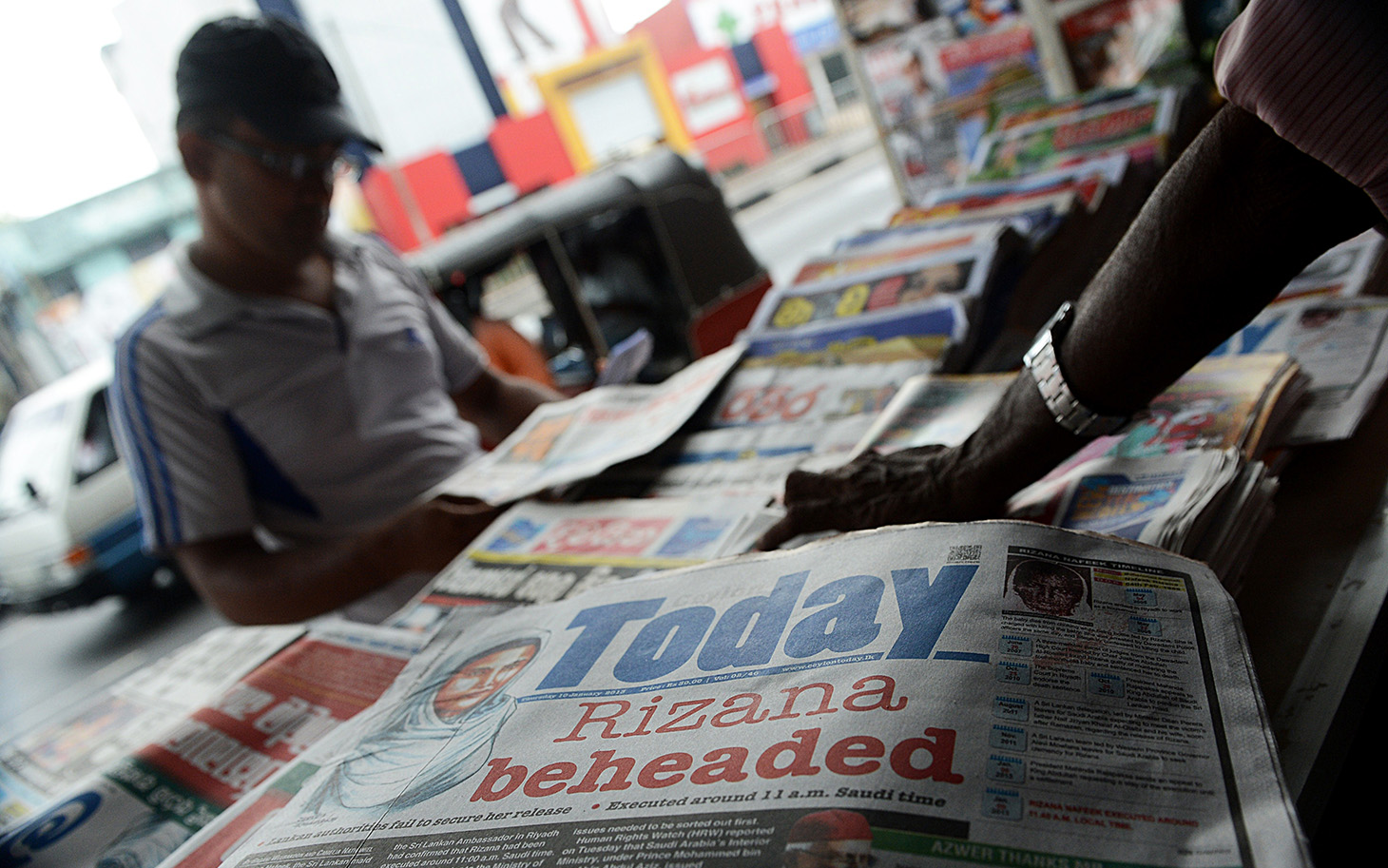Saudi Arabia announced it had carried out four executions in different cities on Wednesday morning, bringing the total number of judicial killings to 130 so far in 2015, a sharp rise on recent years.
Three executions were of Saudi nationals convicted of murder. They were executed in Asir Province, the city of Taif and al-Baha Province respectively . A Syrian man was executed in the northern province of al-Jawf for drug smuggling.
Most executions in Saudi Arabia are done by public beheading.
Analysts say it is not clear why the number of executions in Saudi Arabia has increased so much from last year, when 88 people were put to death, or 2013, when it executed at least 64 according to Human Rights Watch.
Last year, Saudi Arabia executed more people than any country except China and Iran.
Some diplomats in Riyadh have said that judicial reforms, including the appointment of more judges, have allowed a backlog of appeals cases to be heard, leading to a short-term rise in executions. Others have argued that regional instability may have led Saudi judges to impose more draconian sentences.
International monitoring groups Amnesty International and Human Rights Watch say weaknesses in the Saudi justice system make convictions unsafe and point to the frequent use of execution for non-violent offenses.
The conservative kingdom, which uses sharia law, or Islamic law, and whose judiciary is composed of clerics, denies its trials are unfair.







